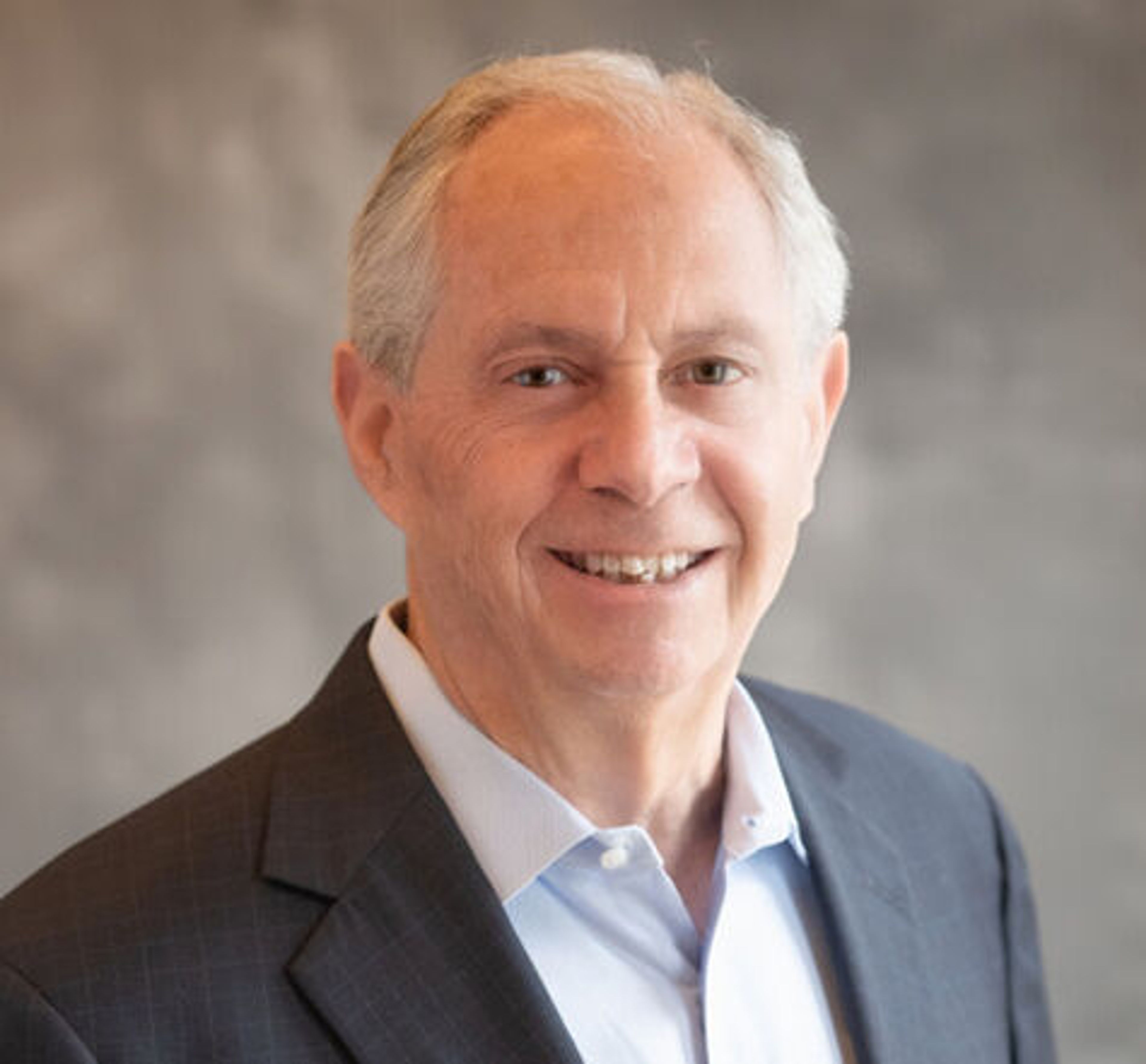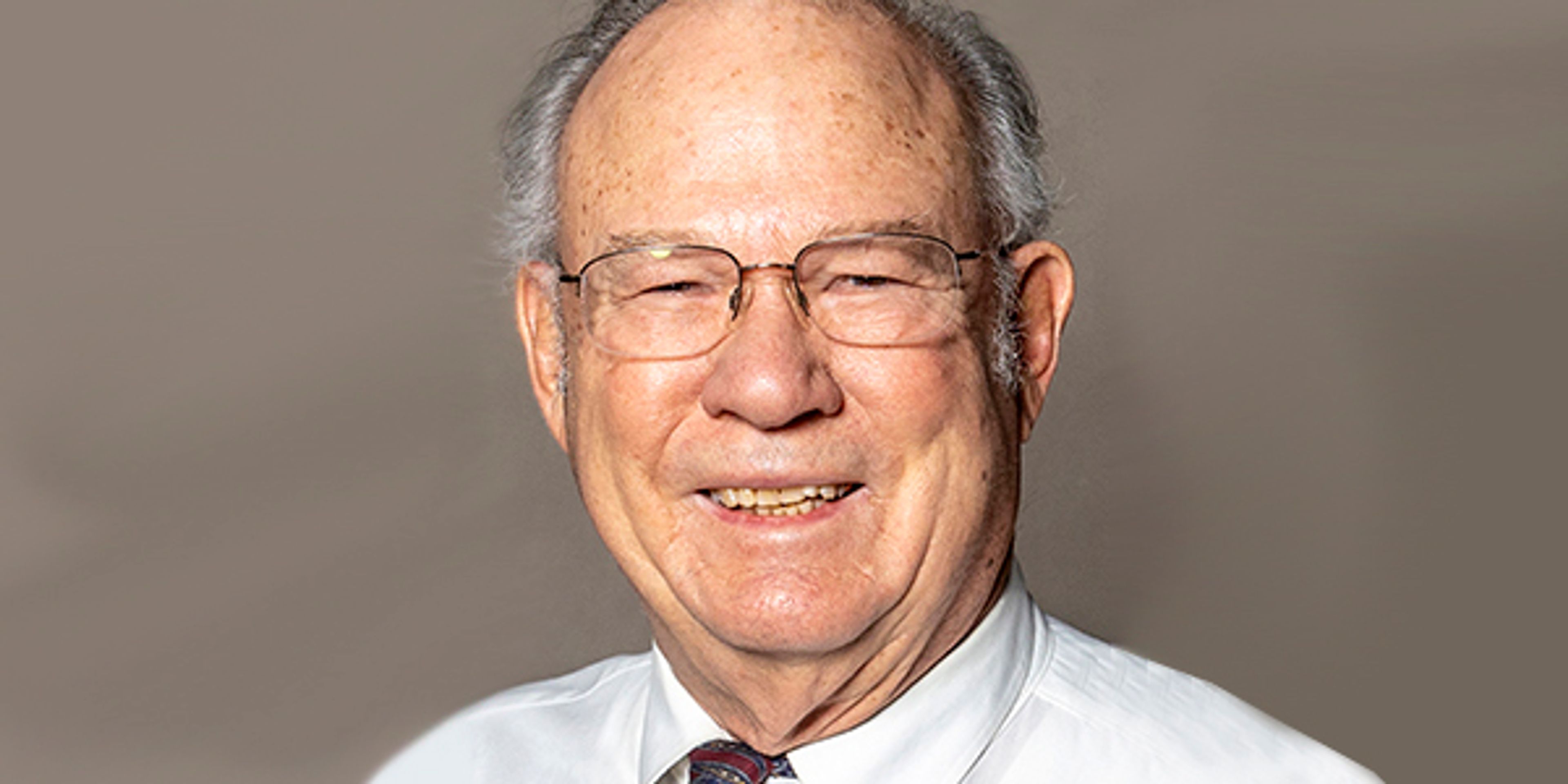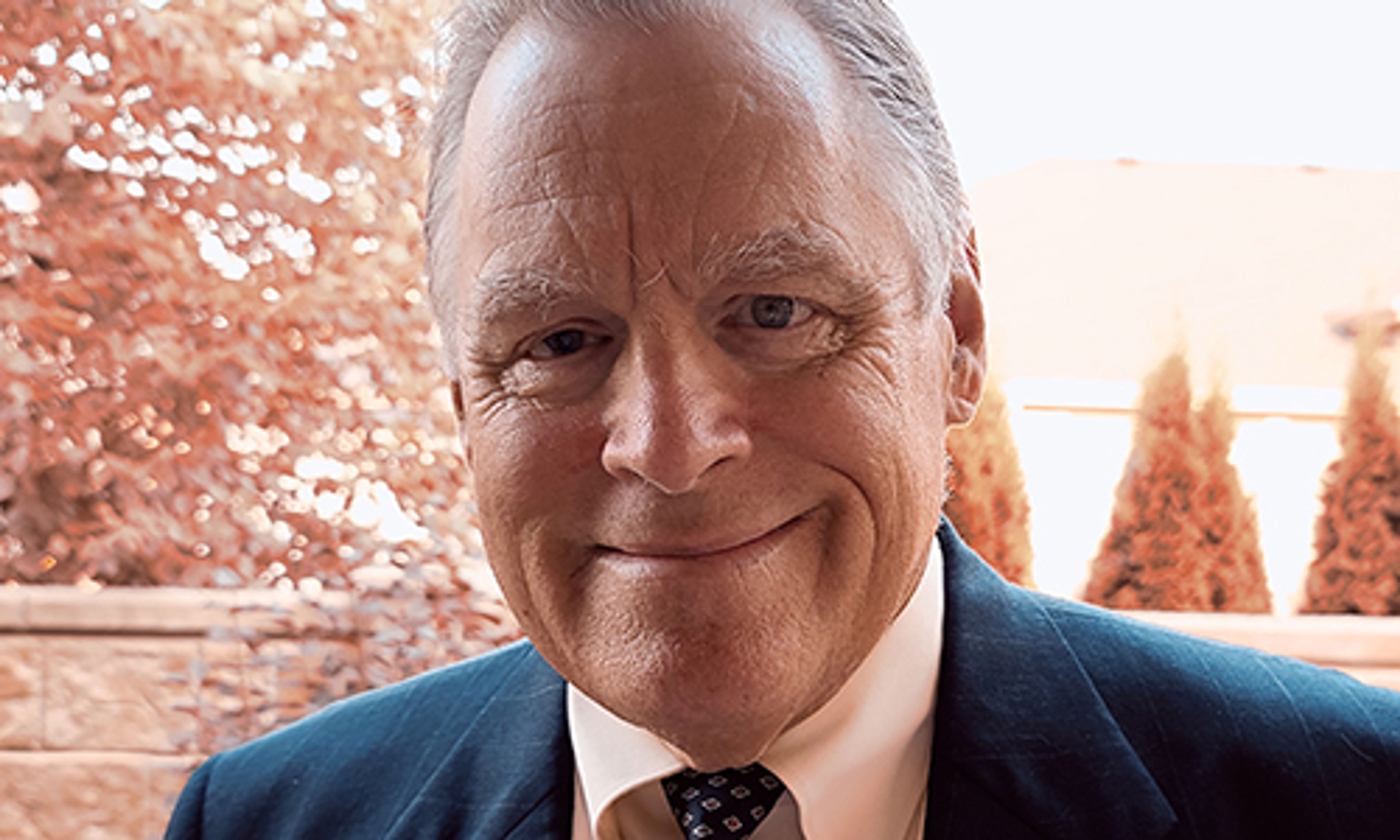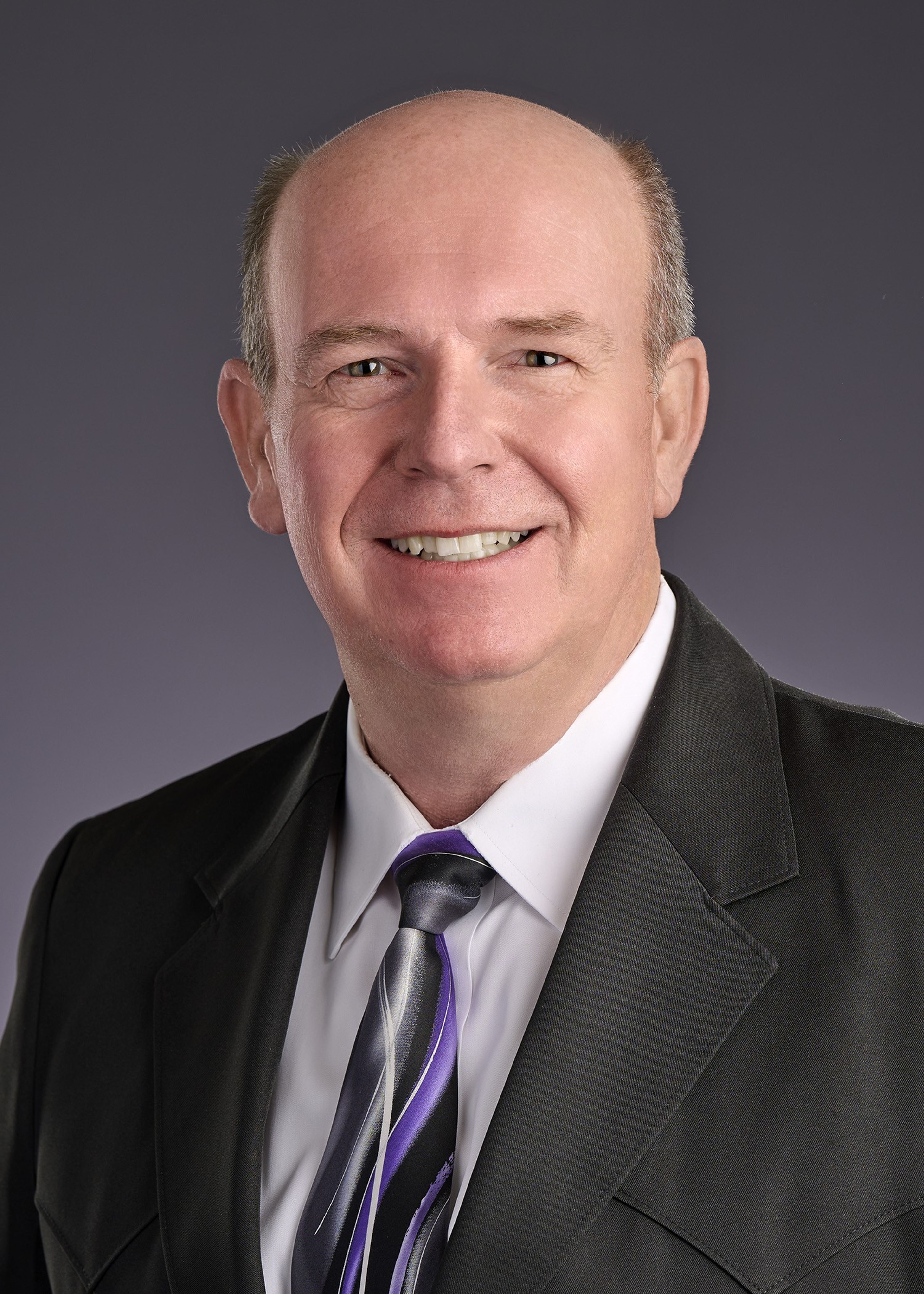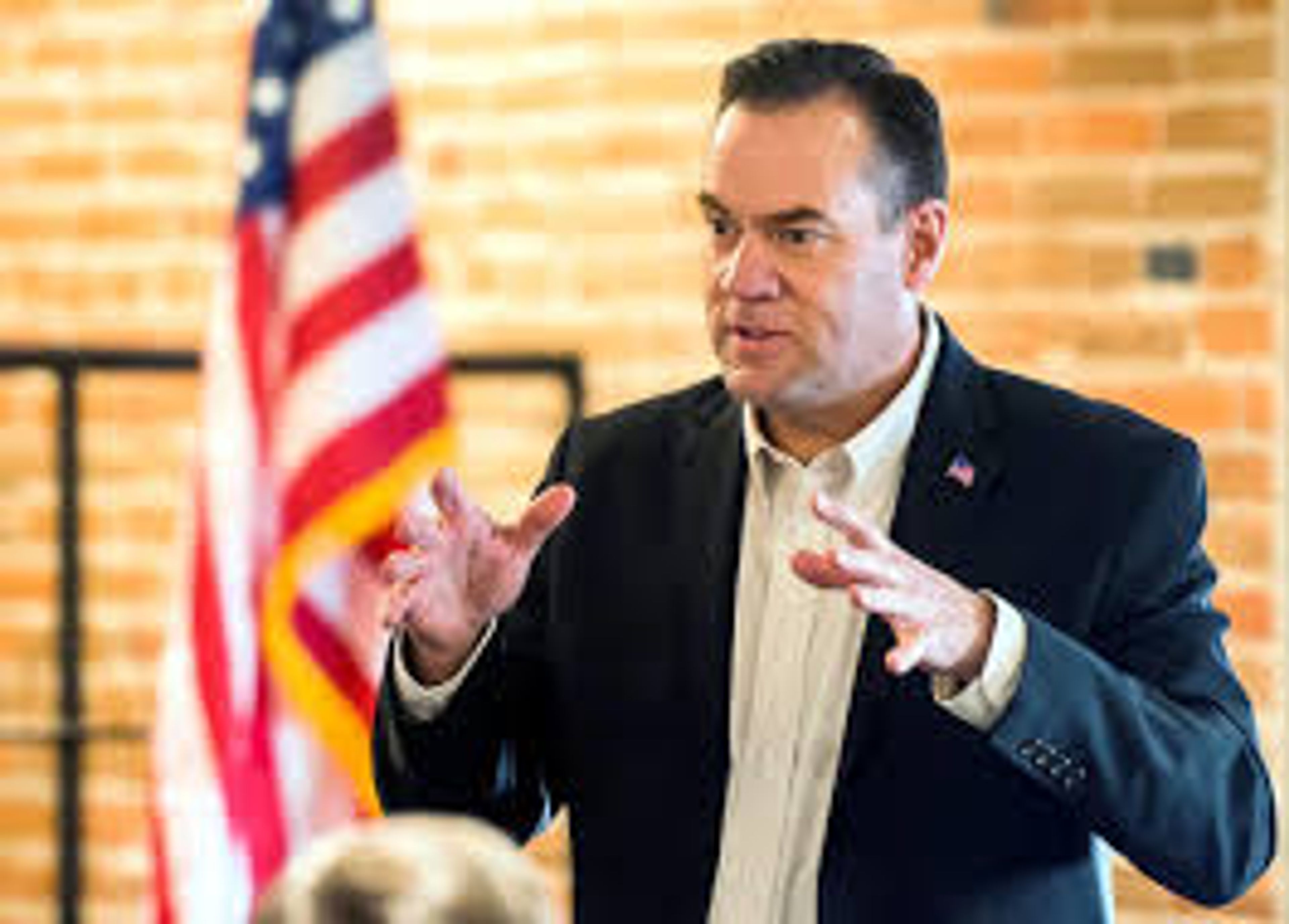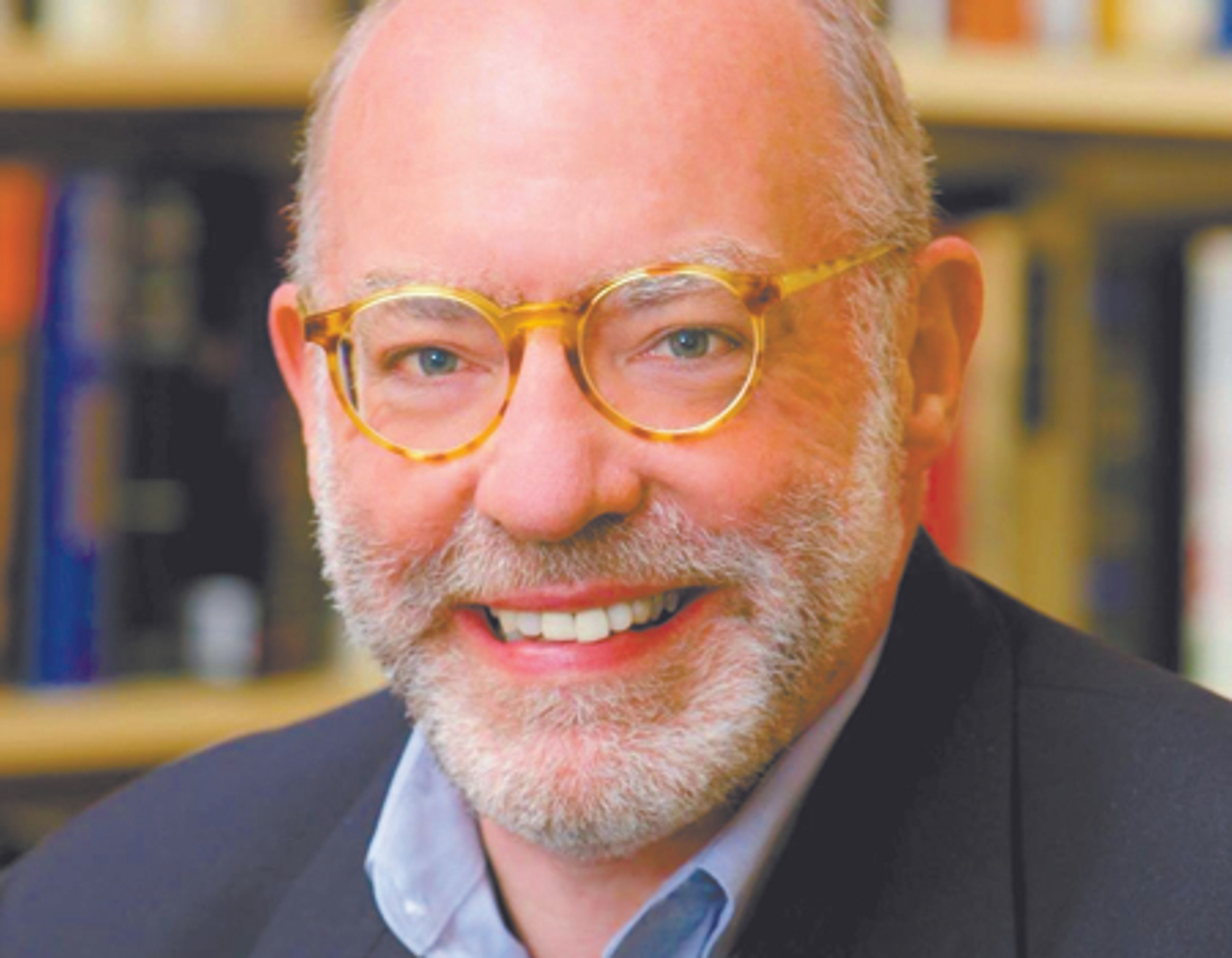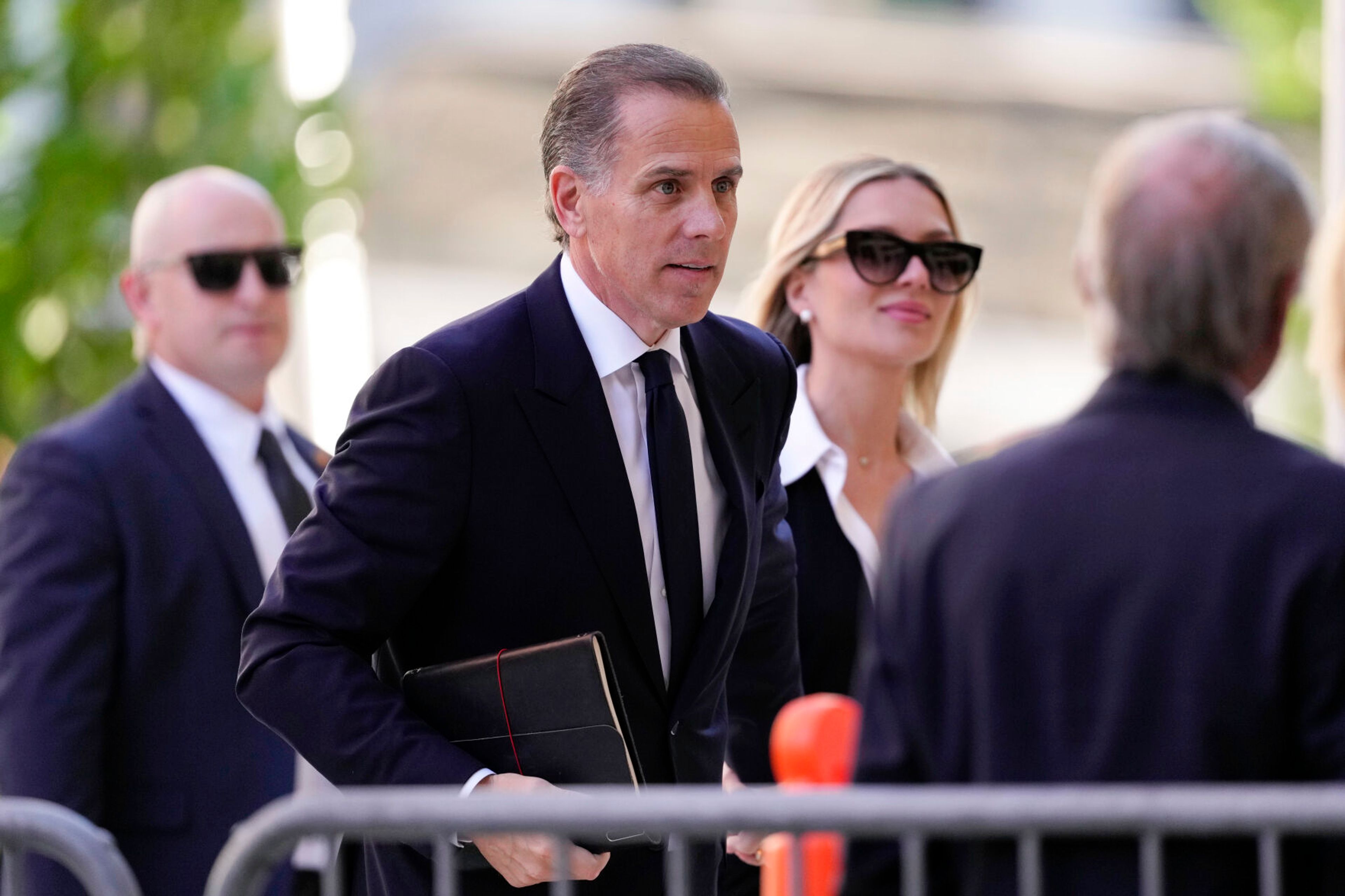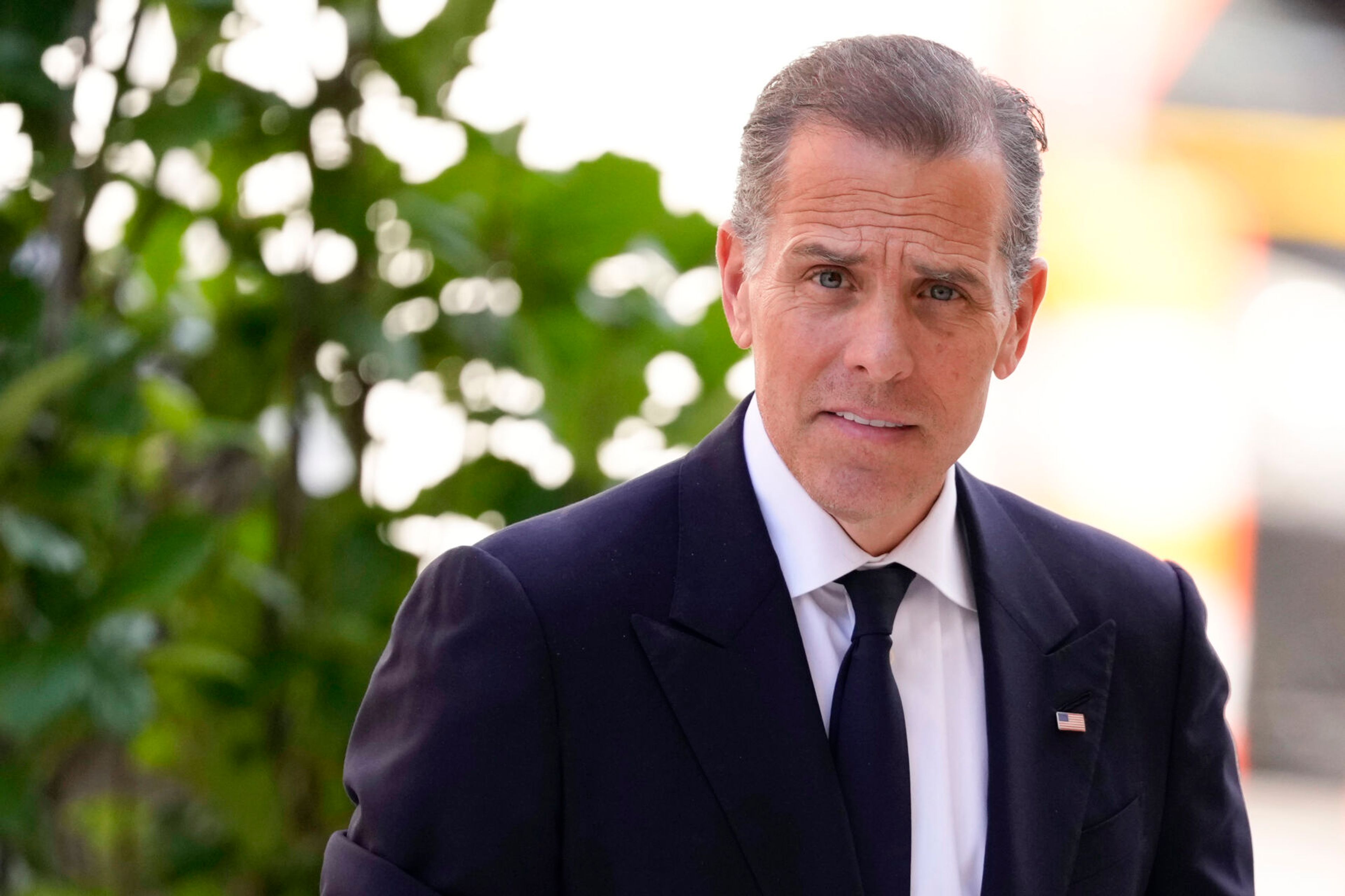Recently, I was honored to be invited by my university alma mater to deliver a lecture on the subject “Distributive Justice” (en.wikipedia.org/wiki/Distributive_justice). This is an annual endowed series of lectures based on the 1916 book by John A. Ryan, “Distributive Justice, The Right and Wrong of our Present Distribution of Wealth.”
The beauty of this topic is that it can launch a discussion of American society in many directions. At its core, and for my purposes, distributive justice is basically a discussion about the influence of religion, morality and ethics on our capitalistic system.
During my presentation, I touched on some areas in United States history hungering for rebalance and equity. For example, it took 70 years for women to be granted the right to vote. And I remarked on the passage in 1935 of the National Labor Relations Act guaranteeing the right of private sector employees to organize into trade unions, engage in collective bargaining and go out on strike. I raised the Rooseveltian concept of protecting public lands for future generations. I also touched on how public policy in retirement security has failed generations of hard-working Americans.
Prior to my election to Congress in 1990, I was a financial adviser linking Wall Street with Main Street. I have been keenly interested in the financial tools and public policy that allow Americans to retire with dignity and safety.
With the decades-long decline in traditional pensions (defined benefit programs) and the corresponding rise in defined contribution plans — 401(k) and IRAs — more Americans are at risk of having a very insecure retirement. This was not supposed to happen.
As of March 2023, only 15% of private industry workers had access to a defined-benefit retirement plan, a traditional pension plan (bit.ly/4bPHhzV).
And the percentage of public sector employees with a pension plan is dramatically higher than the private sector (bit.ly/4aRp2su).
Labor unions routinely provide defined-benefit retirement programs, but only 10% of America’s workforce is unionized. When labor contracts are negotiated, pension benefits are often a major section in the labor package. Statistics show a higher percentage of retirement plans for union members than nonunion workers (bit.ly/4bMJEng).
There are currently roughly 62 million adults ages 65 and older living in the U.S., accounting for 18% of the population. By 2054, there will be 84 million adults 65 and older who will comprise 23% of the population.
According to a recent AARP study, 57 million people do not have access to a retirement plan at work (bit.ly/3yGyVvI).
Clearly, there’s a perfect storm on retirement security leaving many on the sidelines.
When you consider possible funding shortfalls with Social Security, the future for many Americans is not as bright as it was for their parents and grandparents when traditional pensions flourished. It may have been a time of lower life expectancy, but a combined retirement with an annuity and Social Security provided a reasonable safety net for the golden years.
The demographics of an aging population point to a diminished quality of life for retirees. Diminished? Yes, because the 401(k) system now in place is not universally offered, understood or used.
Compounding this dilemma is a high level of financial illiteracy in the U.S. (bit.ly/3X5L0EY).
This occurs at a time when higher financial acumen is needed for citizens calling the strategic and tactical shots on the management of their retirement funds.
With consumer debt on the rise, a poorly managed IRA or 401(k) can derail a dignified retirement. Jessica Bruder’s compelling and well-researched book, “Nomadland,” chronicles the economic upheaval and social dislocation that drives middle aged and older, relatively middle class out onto the road — literally. She depicts many Americans who are reeling from unemployment, broken marriages, lost pensions and collapsing home values who work long hours at fulfilment centers and seasonal stints in national parks. They are footloose, independent and desperate, squeezed by rising inequality and a frayed safety net.
In the movie “Nomadland” everything is frantically OK — until it isn’t.
Many Americans have a tremendous sense of economic anxiety about their future. That makes sense since U.S. Census Bureau data indicate that in 2017, 49% of Americans ages 55 to 66 had zero personal retirement savings.
For certain, attempts to design a social contract for a retirement life with dignity under the umbrella of distributive justice can bring out the political knives. After all, self-managed 401(k) plans spawned a huge industry of investment funds with many political allies. Ideological groups joined the lobbyists because self-directed accounts offered the freedom of personal management. For decades, we’ve been told self-directed retirement plans are the answer.
But were they really the answer? Certainly, a tune-up is needed.
How do you feel about your retirement? If you’re a union member or public servant with an annuitized pension and Social Security, you might be feeling smug. For many, however, the statistics indicate current and future retirees are facing not-so-golden years.
What’s now clear is that retirement income security is not a partisan political or ideological issue. It’s an economic and social topic that can bridge the political divide and strengthen our nation. If properly addressed it can establish a kinship among citizens, government and the private sector.
As it stands, the current policies are creating an ever-widening gap between those connected with traditional pensions and solid defined benefit plans — and those who don’t. This chasm is unhealthy for our democracy, and it is patently unjust.
Maybe it’s time our political leaders and candidates address this issue openly with us. As a starter, they could tell us if they’re aware of the problem.
If your faith in government is waning, could it be that the angst surrounding retirement years is causing some of the disillusionment? Maybe all of it?
It’s worth a conversation with ourselves — if not with others.
LaRocco, of Boise, represented Idaho’s 1st Congressional District in the U.S. House of Representatives from 1991-95.
